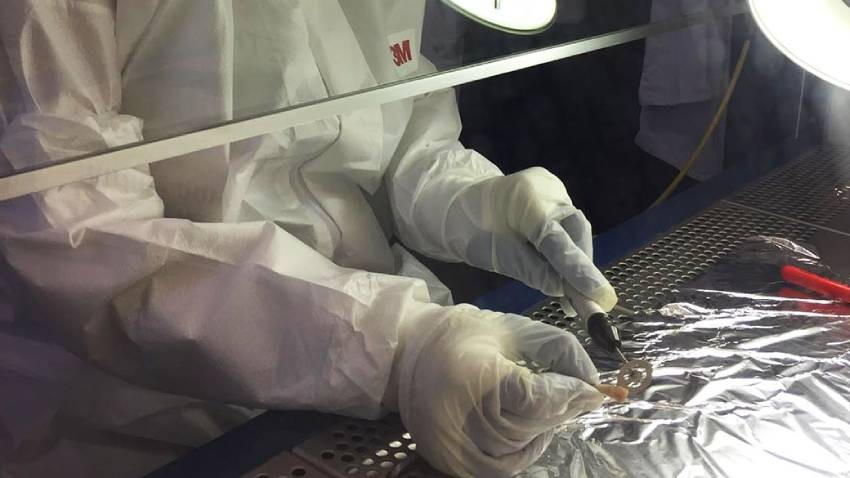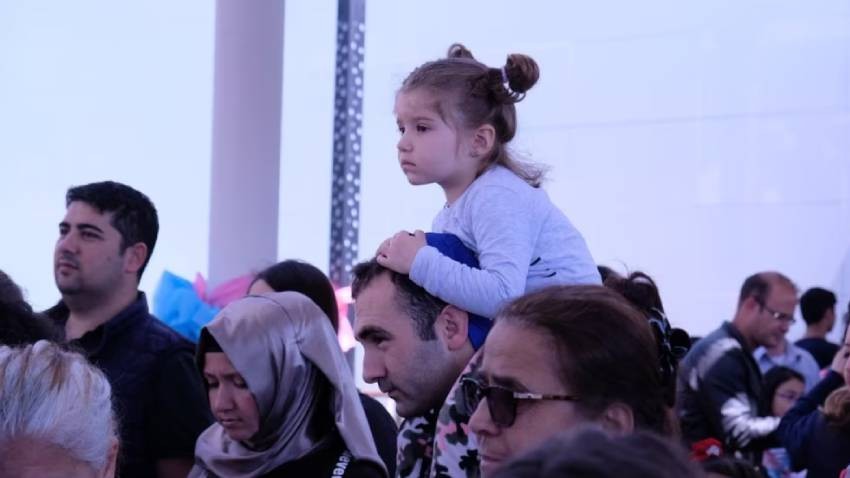Reactions in the Balkans after UN resolution on genocide in Srebrenica

The UN resolution on the genocide in Srebrenica caused strong reactions in the Balkans. The resolution designated July 11 as the International Day of Reflection and Commemoration of the 1995 Genocide in Srebrenica. The resolution, proposed by Germany and Rwanda - two countries also scarred by genocide in the 20th century, was voted with 84 votes "for", 19 - "against" and 68 - "abstentions". Among the countries that voted "against" were Belarus, China, Cuba, Hungary, Russia and Serbia. The document sparked protests in Serbia, Republika Srpska and Montenegro. The Minister of Foreign Affairs of Bosnia and Herzegovina, Elmedin Konaković, described the resolution as a "victory of the truth". The relatives of the victims of the massacre in Srebrenica welcomed the resolution without mass demonstrations, BNT reports. July 11 will mark 29 years since the entry of Serbian units under the command of General Ratko Mladić into the Muslim enclave of Srebrenica after several attacks by Muslim formations on Serbs. During the operation in 1995, more than 8 thousand Muslim men and boys were massacred.
18 victims of the Nazis identified in Greece 83 years after their death

Eighteen civilians who were executed on the Greek island of Crete during World War II have been identified 83 years later through DNA analysis at a laboratory of the Institute of Molecular Biology and Biotechnology in Greece, the Greek newspaper “Kathimerini” reported. The men between 16 and 60 years of age from the village of Adele were executed on 2 June 1941 after the Battle of Crete by soldiers of the Third Reich. The scientific leader of the first-of-its-kind study in Greece, Nikos Poulakakis, says that the Nazis gave the victims shovels and their relatives thought they were being taken to a concentration camp. However, they were taken to the Sarakina area and forced to dig the pit that was to become their mass grave. Their relatives managed to find the remains of the victims a few days later and moved them to another grave. In 1960, the remains were exhumed, but at that time it was not possible to identify them. "Kathimerini" writes that from June to August 1941, soldiers of the Third Reich massacred about 2,000 people on the island.
Candidates aged 23 to 100 to compete in the elections in Romania

In Romania, on June 9 this year, more than 207,000 candidates will compete in the local elections and 494 - for European Parliament, BTA has reported. The youngest candidate is 23 years old and the oldest one is 100 years old. 18,955 polling stations will be opened in the country, while 915 polling stations will open abroad in comparison to 450 in the previous European elections in 2019. Most of them will be in the countries, which have the largest number of Romanian citizens. In Italy, the sections will be 150, in Great Britain - 147, in Germany - 104, in France - 66, in Moldova - 52, in the USA - 48. Election day in Romania will start at 7:00 a.m. and ends at 10:00 p.m. o'clock, but if there are people waiting to vote, it can be extended until 11:59 p.m.
Serbia has started construction of its most powerful solar plant

Israeli company Nofar Energy has started the construction of the largest solar power plant in Serbia with a capacity of 26 megawatts. The investment near the city of Senta on an area of 30 hectares, is worth 25 million euros with an expected annual electricity production approximately covering the needs of more than 9,000 households. The facility would be connected to the country's electricity grid by the end of the year, the "Tanjug" agency reports. It is expected to reduce annual carbon dioxide emissions by 25,000 tonnes.
Turkey to combat unprecedented decline in birth rate

According to data from the Turkish Statistical Institute (Türkstat), in 2001 there were an average of 2.38 births per woman in Turkey but in 2023 the number dropped to an average of 1.51 live births per woman of childbearing age. In an effort to find out the reasons and deal with the unprecedented decline in birth rate, the Ministry of Family and Social Services has started an initiative to conduct special surveys in the cities of Karabük, Zonguldak and Bartın, where the birth rate is the lowest, as well as in Izmir, Antalya and Karaman, where the divorce rate is high. Based on the results, an action plan will be drawn up for these regions. Among the measures considered to stimulate births among couples is a proposal to extend maternity leave from four months to one year.
Compiled by: Miglena IvanovaPublication in English: Al. Markov
Photos: Reuters, Kathimerini, BTA, Tanjug, voaturkce.com
Bulgaria’s National Assembly rejected President Rumen Radev’s veto on the amendments that expand the powers of the special commercial administrator of Lukoil, reported BNR’s correspondent Maria Fileva. The MPs from the ruling majority, supported by..
President Rumen Radev has vetoed the legislative amendments related to the appointment of a special commercial administrator in the Lukoil refinery in Burgas. The head of state said that the amendments undermine the legal order in..
Convulsions Before Multipolarity — a Time When Illusions Are Sacred and Truth Is Heresy is the title of a new book that will be officially presented in early November in Sofia. It explores the agony of a unipolar world, an era of geopolitical..

+359 2 9336 661
